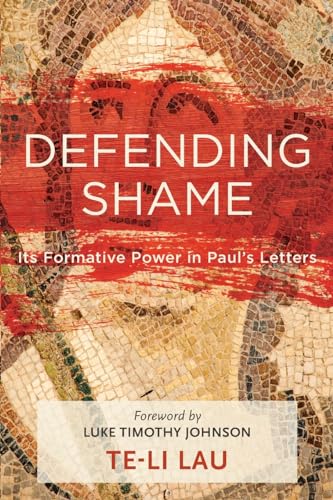Short-Term Mission: Ethnography of Christian Travel Narrative and Experience
Written by Brian M. Howell Reviewed By Christopher FlandersIn the past fifty years, short-term mission has grown from a relatively minor, little-known dimension of Christian mission to arguably the most prominent form of mission activity in contemporary North American churches. Brian Howell, a professor of anthropology at Wheaton College, has done a huge service for the missiological guild and the global church (especially the church in the North America). He adds to the growing literature that studies this growing phenomenon of short-term mission (STM) as an academic subject.
Howell’s research is solidly rooted in classic anthropological method. He gathers his ethnographic data by studying a short-term mission team, conducting extensive interviews with those involved, and engaging in a two-year ethnographic project with a large sending church. This provides ample data that Howell analyzes, from which he makes qualified specific claims and suggestions.
Although no consensus definition exists as to what qualifies as a STM, Howell focuses his study on one- or two-week trips of high school teams. For Howell, the critical issue is not time but meaning. Therefore, this study looks at the cultural significance of the STM trip for participants. Howell condenses his findings into a composite narrative framework. This narrative, Howell notes, frames STM as “a culturally mediated form of travel with particular dynamics” (p. 57). Those dynamics consist of two basic tropes––the self-focused experiences of tourism and pilgrimage. Howell elaborates in great detail as to how this emphasis on personal transformation, adventure, and spiritual growth forms the primary foci of the STM experience for most participants.
As some claim, this results not in legitimate mission labor but a form of Christian tourism (what some label “vacationary” or “voluntourism”). That is, the criticism is that STM provides Christians with the opportunity to feel that they’ve done something while not having to leave their comfort zone or make significant sacrifice. Most participants often ignored issues of political life, race, and structural poverty, focusing more on their own personal experiences.
Can such efforts be redeemed? Howell gives a qualified “yes,” but in doing so he contends that redeeming STM will take more than simply better preparation and post-trip follow-up. Rather, Howell contends, “we must imagine structural and institutional change” (p. 198).
In the final two chapters, Howell suggests a new narrative that would assist in producing more fruitful STM expressions. This will involve, at the very least, a reorientation of STM around listening and presence. That is, education and community should become the primary goals of all STM. Howell approvingly cites the opinion of Kenyan pastor Oscar Muriu, who suggests a change of terminology from “short-term missions” to “short-term learning opportunities.” Doing so would disabuse participants of the notion that their primary job is to do something for others. STM leaders should work to create opportunities for the exchange of “linking social capital” (p. 219). Activities associated with tourism and shopping should be utilized as opportunities to highlight local issues of poverty, social inequities, and global issues.
Howell’s treatment is erudite and deeply conversant with recent anthropological literature. This work is exceptional in that it is the first (to my knowledge) rigorous ethnographic description of STM from research data. In particular, Howell’s crafting of a powerful narrative, brought into conversation with the anthropology of tourism and pilgrimage, mark this book as truly ground-breaking.
STM is likely not going away any time soon. This constructive work provides thoughtful challenges to make the phenomenon of STM a more helpful one, both to participants and those who receive STM trips.
Christopher Flanders
Christopher Flanders
Abilene Christian University
Abilene, Texas, USA
Other Articles in this Issue
The concept of personhood is crucial for our understanding of what it is to be human...
Text-Criticism and the Pulpit: Should One Preach About the Woman Caught in Adultery?
by Timothy E. MillerThis article considers whether “The Woman Caught in Adultery” (John 7:53–8:11) should be preached...
Celebration and Betrayal: Martin Luther King’s Case for Racial Justice and Our Current Dilemma
by James S. SpiegelDuring the American Civil Rights Movement, Martin Luther King’s principal arguments reasoned from theological ethics, appealing to natural law, imago Dei, and agape love...
Many churches switched to streaming or recording their services during the COVID-19 crisis...






